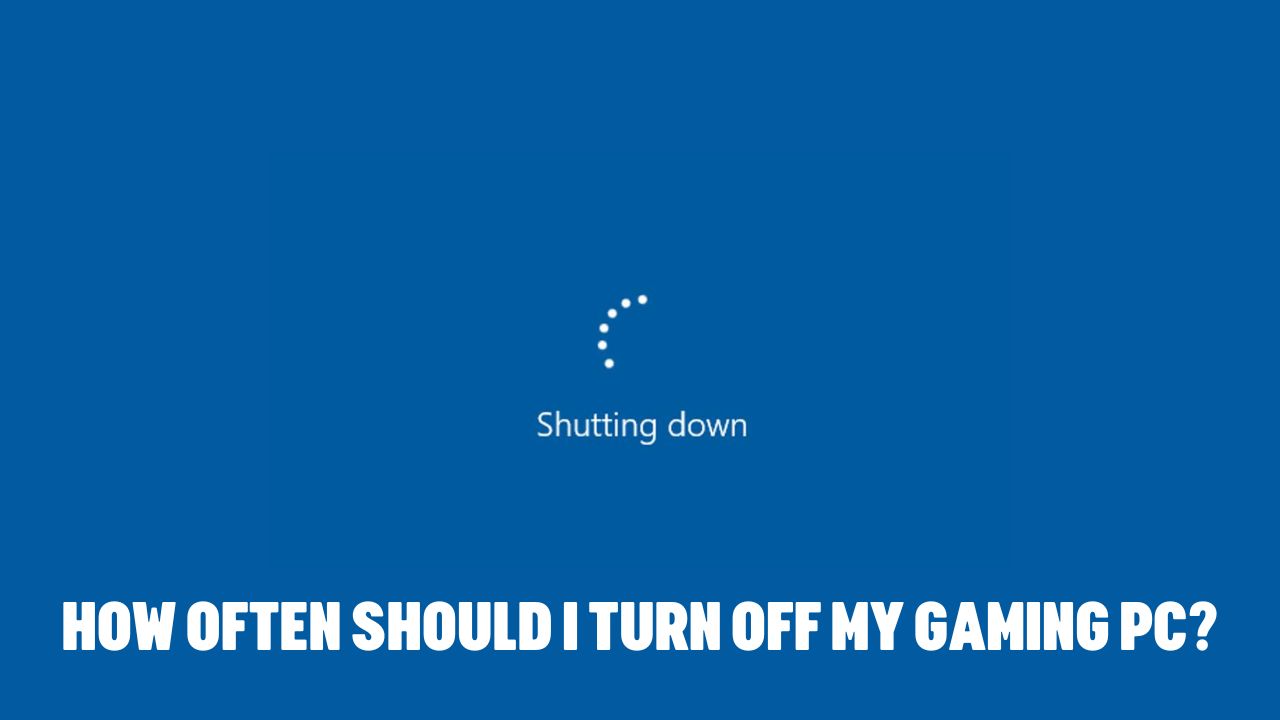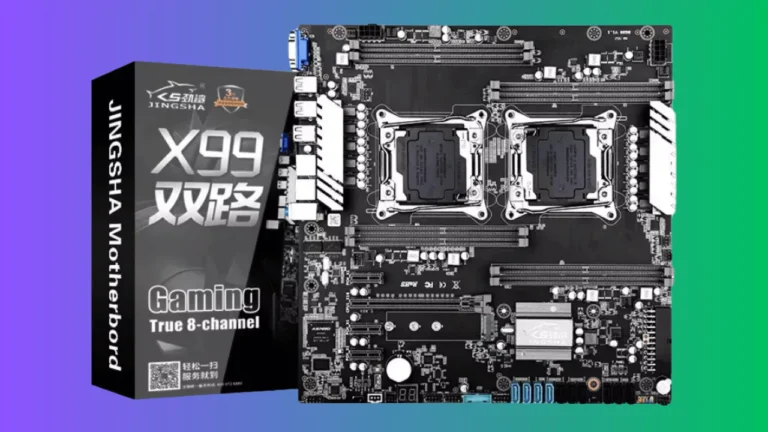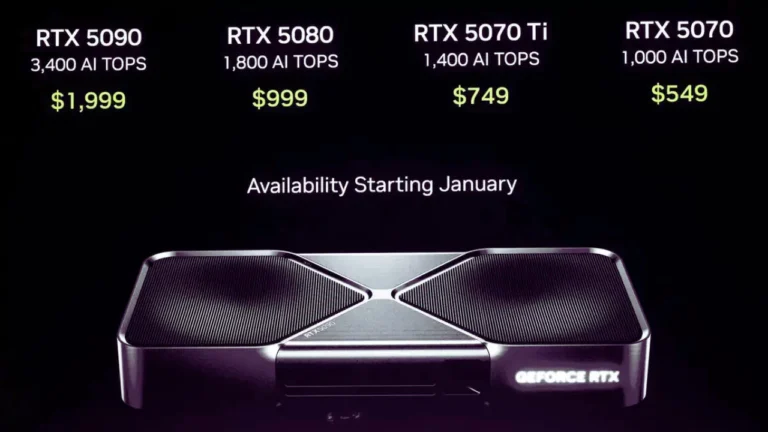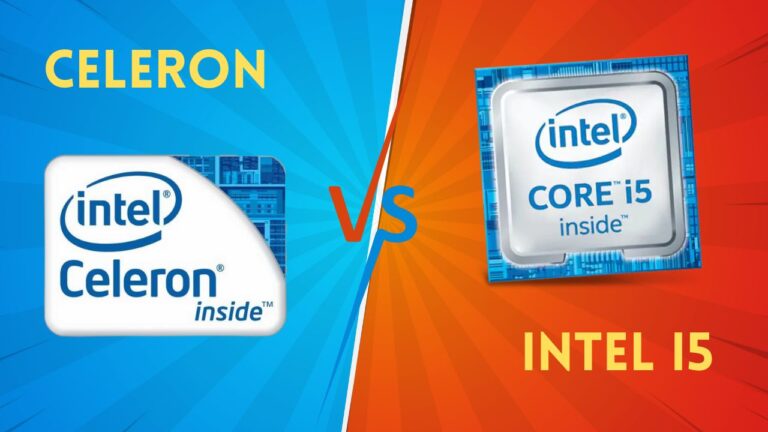Shutting down at least once a week clears out your RAM, which has a direct effect on performance. If the PC is not moved, you can keep it on as long as you wish but bear in mind that it will consume more power. Sleeping at the computer for an hour is also recommended.
Ever since I bought my own gaming PC, I have been wondering: how often should I turn off my gaming PC? After months of research, trial and error, and a lot of frustration in between, I can proudly say that I’ve finally figured out the answer. In this blog post, I’m going to share with you what I’ve learned on the topic of how often should I turn off my gaming PC.
As a passionate gamer, I understand the importance of regular maintenance for my gaming PC. With more and more people opting for personalized gaming rigs, many of us are starting to wonder just how often we should turn our PC off. I’m here to answer that important question and shed some light on how often gamers can safely turn off their gaming PCs without sacrificing performance or running into unwarranted issues with the computer.
Highlights:
- Turn off your gaming PC at least once a day if you encounter any problems or slow-down issues.
- Break up long gaming sessions.
- Sleeping at the computer for an hour is also recommended.
Benefits of Turning Off Your Gaming PC
When it comes to turning off your gaming PC, it can be tempting to leave your rig running all day and night. After all, many people view their PCs as an appliance that should be turned on when necessary – and this philosophy makes sense in some respect. But by turning off your PC after a session of gaming, you can enjoy some additional benefits.
First, you can reduce the amount of power you’re using. Gaming PCs consume a lot of electricity – a fact that may be overlooked until your electric bill arrives at the end of the month. You also reduce strain on the fans, drives, and other components when they’re not constantly in use – so regularly powering down your system is an effective way to extend its life expectancy. Finally, occasionally powering down helps break up long gaming sessions by refreshing your mind before you jump back in and let loose with another round of intense playtime.
By taking a few minutes at the end of each game session to turn off your PC, you can enjoy more than just savings on energy costs: longer life for hardware components and better breaks for yourself!
Potential Risks of Not Turning Off Your Gaming PC
When you don’t turn off your gaming PC, you run the risk of potential hardware and software damage due to heat build-up. Without regular rest periods, the inside of your gaming PC can become extremely hot, shortening the life of components such as CPU, GPU, RAM, and hard drives. Additionally, this heat can reduce the power and performance of other devices around the gaming PC. You may also be running the risk of allowing dust and debris to build up inside your gaming PC and cause blockages in fans or air vents. Finally, failing to turn off your gaming PC regularly could result in bugs or errors that are difficult to resolve without a full system reboot.
In order to reduce these risks, it is recommended that users turn off their gaming PCs at least once a day in order to allow them time to cool down before being used again. Additionally, performing a thorough deep-cleaning or hardware reinstallation once a month is also beneficial for gamers who use their computers on a daily basis. By turning off their system when not in use and performing regular maintenance procedures (such as cleaning out fan blades), gamers can ensure that their PCs are functioning optimally while avoiding any potential risks associated with neglecting their systems over time.
How to Shut Down Your Gaming PC Properly?
Turning off your gaming PC is an important component to prolonging its longevity. As with any electronics, it’s important to shut down your gaming PC properly and on a regular basis. This will not only help protect its components and extend the life of the device but will also help the computer run more efficiently and respond faster when you power it back on.
For the best results, you should shut down your gaming PC at least once a week. This gives it some time to properly cool and all of its processes (including memory) can be refreshed. If you’re not playing games for a long period of time or taking extended trips away from home, then you should consider turning off your gaming PC for an even longer duration – about once every two-to-three weeks. It is important to remember however that leaving your computer on can cause temperature issues over time, so it’s best to anticipate needed periods of time with extended shutdowns during holidays or vacation days when it won’t be used very often.
Finally, before powering down, don’t forget to make sure all of your work is saved and that any games that were running have been safely closed in order to avoid potentially losing progress in any game world storylines or levels. Shutting down appropriately also ensures that all components are cooled safely before powering down so as not to damage them over time.
To sum up:
- Shut down as often as possible with at least once a week as a guideline – more is recommended if possible – and make sure everything is saved!
How to Sleep or Hibernate Your Gaming PC?
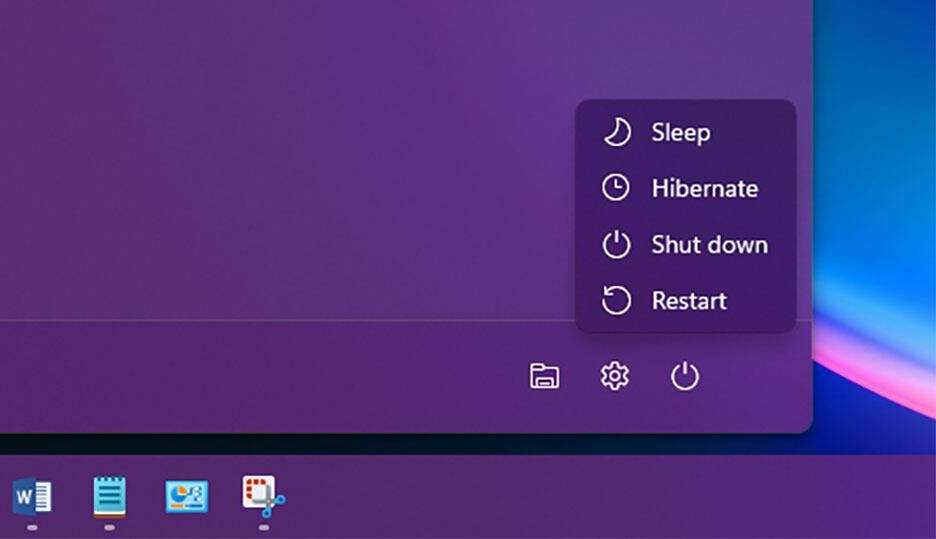
If you’re a dedicated gamer, then you know that a well-functioning gaming PC is essential for a smooth gaming experience. To keep your computer in peak condition, it’s important to know the best habits for powering down and restarting your PC. Even though most PCs are built to run 24/7, there are some important benefits associated with scheduling periodic shutdowns.
When you shut down your PC or put it into sleep or hibernate mode, the computer stops using energy so you can save on electricity costs. This also helps prolong the life of the internal components since they will be in use less often. Additionally, regular shutdowns allow your system to properly clean up any temporary files and delete any unnecessary pieces of data that are clogging up memory space on your hard drive. Finally, you can enjoy peace of mind knowing that all your data has been safely stored should something accidentally go wrong with the system hardware.
There is no one-size-fits-all answer as to how often you should shut down or sleep/hibernate your gaming PC – it will depend on several factors including how much (if at all) you use your computer for work tasks in addition to gaming or streaming videos. Generally speaking, shutting down for 8 – 10 hours each day would be considered appropriate for most people who primarily use their PC for gaming activities. If no other type of productive work is being done on the computer then more frequent shutdowns could also be beneficial if desired. It even may help occasional gamers to turn off their computers when not in use over extended periods – that way they can restart quickly when they want without lagging issues due to accumulated non-gaming content which has been running quietly in the background while idle!
Factors to Consider When Deciding How Often to Turn Off Your Gaming PC
When it comes to knowing how often you should turn off your gaming PC, it’s important to consider a few factors. First and foremost, consider the type of game you are playing. If you are playing a fast-paced first-person shooter or other types of action-packed games, then it is likely best to turn off the PC after each gaming session as these types of games can cause your system to overheat. On the other hand, slower-paced strategic games may not cause your system to overheat as much and can be left on for more than one session at a time.
It is also important to think about the environment in which your gaming PC lives. Proper temperature and humidity control can help keep your system running efficiently and reduce the buildup of dust and contaminants that can damage components over time. Additionally, if you live in an area with frequent power outages or brownouts, it might be wise to turn off your gaming PC when not in use for extended periods of time in order to avoid any potential damage being incurred by such events.
Finally, take into account how often you play games on your gaming PC – if it is only rarely then turning off the system after each session would not be necessary; however, an intermittent user who has multiple long sessions per week may wish to turn off their gaming PC between sessions in order to ensure optimal performance during gaming sessions. Factors such as these will help determine how often you should be turning off your gaming PC so that it continues running at peak efficiency throughout each game you play!
Troubleshooting Common Issues With Turning Off Your Gaming PC
If you’re a gaming enthusiast, then you know how important proper maintenance of your gaming PC is. One of the most common questions that gamers ask is how often they should turn off their PC to help ensure it runs optimally. There are several things to consider when deciding how often you should turn it off.
The age and condition of your system will play a big role in determining how frequently you should turn it off. If your system has relatively new parts or is fairly new in general, then there’s no need to shut it down on a regular basis as the internal components will be well lubricated and won’t accumulate dust as quickly. However, older systems may benefit from periodic shutdowns as the dust and accumulation of dirt can make them run more slowly or hot more quickly.
You also need to consider your gaming behaviors and habits when determining an appropriate shutdown schedule. For example, if you tend to game in sessions throughout the day but generally leave gaps between them, then it’s smart to shut down between sessions so that the internal components can cool off and any accumulated dust particles can be removed with a compressed air duster or vacuum cleaner. On the other hand, if you tend to the marathon for hours on end then there’s no need for frequent shutdowns – especially if your system has air filtration systems such as CPU fans or filters on their power supply units (PSUs).
Finally, consider whether leaving your PC powered up when not in use could be wasting energy or money due to increased bills from higher energy consumption levels. If this is something that worries you then look into investing in an ideal PC power-saving mode so that it turns itself off automatically after being idle for an extended period of time – such as by setting Windows Power Options timeout settings – instead of having to manually initiate shutdowns when not using your computer for hours at a time. However, keep in mind that this solution won’t typically prevent extra harm caused by frequent starts/stops which are normally not recommended due to augmented wear-out risks affecting some components like mechanical HDD drives (which usually work better when they can spin continuously without stops).
Conclusion
After asking my gaming-enthusiast friends, doing research online, and testing out different shutdown schedules myself, I learned that it is generally recommended to turn off your gaming PC at least once a day. This can help protect the performance of your system and maintain a longer life expectancy for any components such as your graphics card. Switching off at night is deemed to be the most effective way of protecting the system since you generally won’t be using it while you sleep anyway.
However, the decision ultimately depends on several factors such as how often you use your PC and which games you play – heavy-duty gamers may have to consider more frequent restarts than casual gamers. In addition, depending on where your PC is located in relation to other electrical items in your home, leaving it switched on could increase the risk of electrocution or cause interference with other devices such as phones and TVs. So just make sure all electrical devices are given adequate ventilation before making a switch-off call.

